Do we do well in welcoming newcomers?
Of the 1.047 people who moved into South Wairarapa district last year, four out of seven (57 percent) felt “sort of” (43 percent) or “not” (14 percent) welcome to the community, research presented to the Martinborough Community Board shows.
Newcomers range from those who have “extremely positive” (43 percent) experiences in moving here, to the rest whose experience was “not so much.”
The research, funded by the government’s Welcoming Communities initiative, shows four in 10 arrivals “believe (the south) is inclusive and accepting of people from different cultures, and 11 percent believe it is not.”
The project acknowledges that as a rural community there are no established “formal mechanisms” to meet, greet and help integrate new arrivals.
“Welcoming in South Wairarapa is done at the individual level and it relies on locals and neighbours being welcoming, inclusive and helpful to newcomers, as well as relying on newcomers to ‘put themselves out there,’” the report notes.
“For newcomers to be welcomed, included and integrated … it will require intentional and coordinated effort; rather than the assumption that it should just happen unassisted.
“There is an opportunity for council to lead, partner with, and empower, local groups, organisations, marae and enthusiastic individuals so there is active welcoming, visible inclusion and on-going cultural conversations happening across the district.”
Examples of what newcomers told the researchers about how they often feel less than welcome or accepted:
*What did you find difficult about settling in?
Respondents:
“How on earth do you connect with people?’
“It was difficult to know where information was shared.”
“The lack of a community centre, a hub … with organised activities, craft, social service etc.”
“Who’s who. Lots of things are relationship based rather thasn public knowledge.”
“Almost everything (we) have found about the community is from Facebook.”
*What made you feel welcome/not welcome?
Respondents:
“Friendly people.”
“We had to get out into the community.”
“Not really any ‘newbie’ groups to join.”
“All the locals are rich and not interested in the scum renters from out of town.”
“Friendly locals … when you told them you live in town and just moved.”
“Everyone is very friendly.”
“People are standoffish in general. I’ve been here for a year and they’re (locals) starting to be friendly.”
“People who have moved to Martinborough were certainly a lot friendlier than those born and bred here.”
*Is the community inclusive and accepting?
Respondents:
“I definitely see more diversity now than when I first arrived … whether they feel accepted or not I’m not sure.”
“I don’t see any visible or vocal welcoming.”
“There are only a few haters of new people – some believe you have to be here 20-plus years to have a say.”
“I’m white and this seems to be a predominantly white area…. Not sure how welcoming I’d have found it had I been a different ethnicity.”
It adds the numbers of new arrivals will continue to increase year-on-year, based on growth projections.
Did new arrivals have information to … : (percentage who said “yes.”)
*Access local services 58%
*Find work or study options 25%
*Make friends and connections 46%
*Join groups or clubs 37%
*Make a difference in your community 33%
*Vote or have your voice heard in local matters 16%
*Access and safely use public spaces 42%
*Stay safe in an emergency 37%
The report’s summary notes:
“For newcomers to be welcomed, included and integrated with the local community … will require intentional and coordinated effort, rather than the assumption that it should just happen unassisted.”
It also noted: “A newcomer … is a member of the community who has resided in South Wairarapa for less than five years.
“This includes international migrants, former refugees, international students, seasonal workers and New Zealand citizens relocating from other parts of the country.”
The report adds that the experience of newcomers from India, Ireland, the United Kingdom (England and Scotland), Philippines, Brazil, Samoa, Australia, Chile, United States of America, Germany, and The Netherlands, as well as relocating citizens, informed the research.

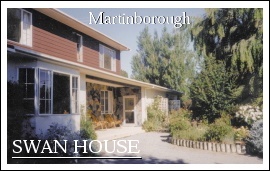


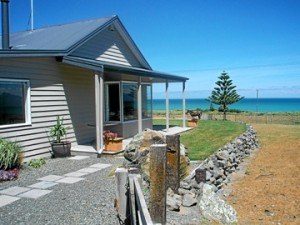
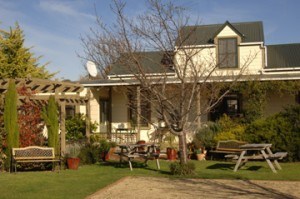
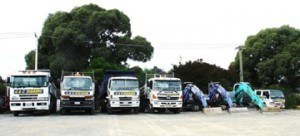


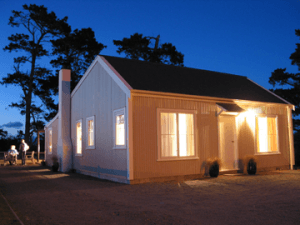
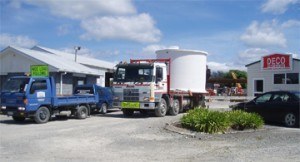
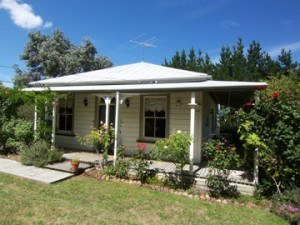


Recent Comments